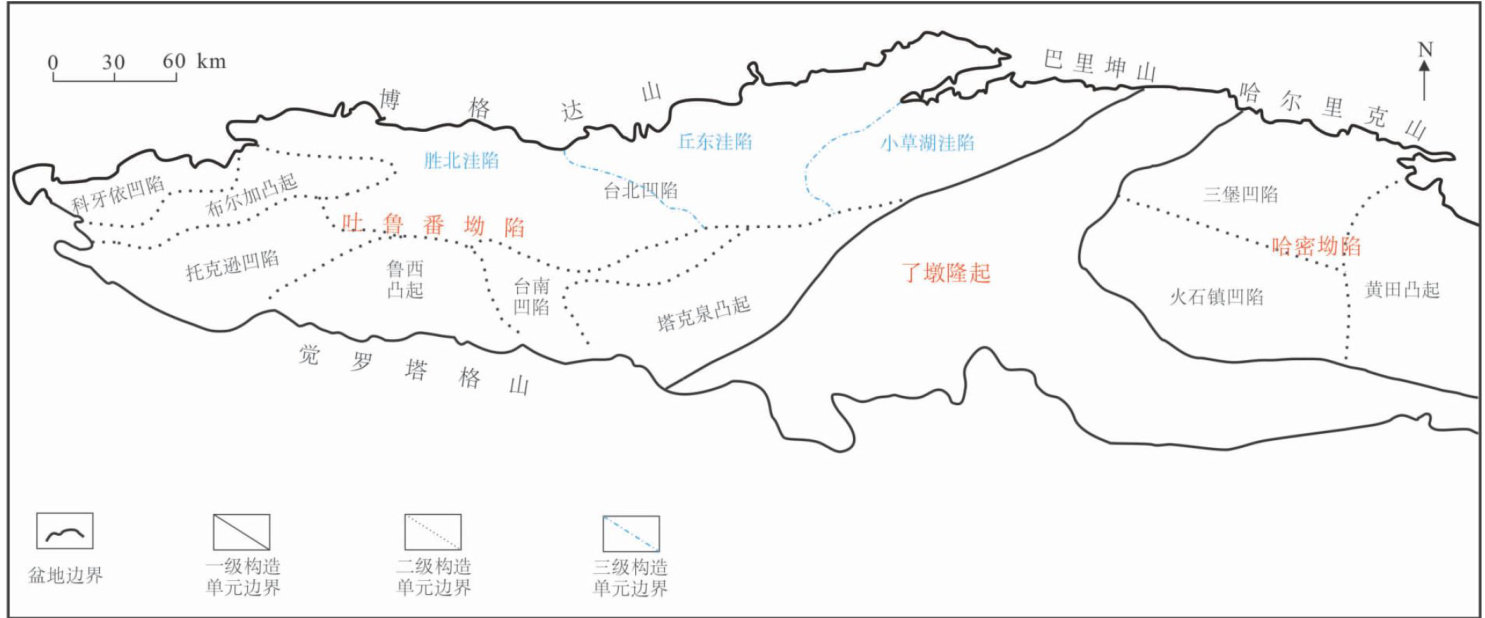烃类分子相态分异过程的化学分馏机理与油气示踪意义


打开文本图片集
1.State KeyLboratoryofContientalEvolutionandEarlyLife/DepartmentofGeology,NorthwestUniversity,Xi'an79,China; 2.Exploration and Development Research Institute of PetroChina,Tuha Oilfield Company,Hami 839009,China)
AbstractAs one of the important geological fluids within the Earth’s crust,the generation,evolution,and migration of hydrocarbons are related to the formation of large-scale petroleum reservoirs.The cracking of kerogen to generate hydrocarbons is the primary pathway for petroleum formation. After generation,hydrocarbon with different carbon numbers have diffrential migration pathways,entering diffrent phase states,thereby forming petroleum reservoirs.However,no efective approach can characterize the chemical fractionation of hydrocarbons from their formation to their entry into the gas-liquid phases,which impedes the in-depth understanding of phase separation and gas-liquid phase equilibrium processs during the initial migration after kerogen cracking. In this study,based on an established online thermal desorption hydrocarbon extraction method for mudstone,we investigate the chemical fractionation of hydrocarbons between the gas and liquid phases in a short-distance migration within a tight oil and gas system.The results show that hydrocarbons of the same carbon number also exhibit chemical fractionation between different phases. Compared with isomeric alkanes, normal alkanes tend to enrich in the liquid phase(oil and formation water),whilearomatic hydrocarbons are more inclined to concentrate in formation water.For source rocks,the parameters of thermallydesorbed hydrocarbons lie between the enriched and depleted phase states. A mathematical model based on the law of mass conservation further confirms that,in relatively confined petroleum systems,there should be a linear relationship between the normal/isomeric and aromatic/alkane ratios in the original hydrocarbons,oil,natural gas, and formation water.This result,along with corresponding experimental methods,provides a theoretical foundation for the study of phase separation and gas-liquid phase equilibrium mechanisms in the initial migration of hydrocarbons,and offers new approach for direct source rock identification.
Keywordslight hydrocarbons; phase separation process ; chemical fractionation; tight oil and gas reservoirs ;source rock identification
烃类是地壳中重要的地质流体之一,其形成与降解过程与全球碳循环密切相关[1-3]。(剩余17959字)